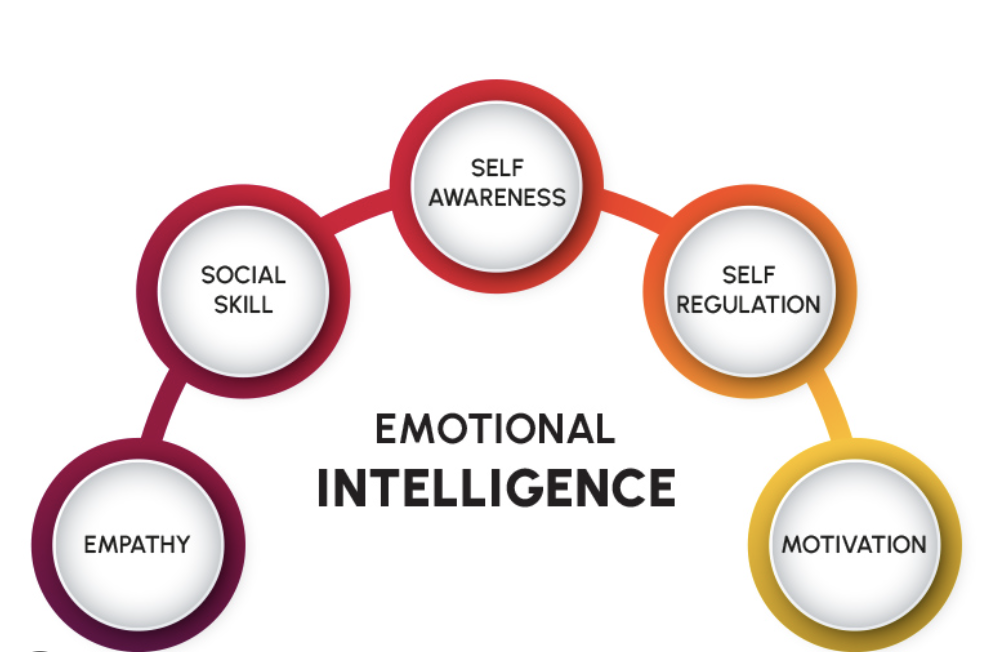Mastering the Art of Selling Managed IT Services: A Comprehensive Guide

Managed IT services have become an indispensable asset for organizations seeking to optimize their technology infrastructure while focusing on core competencies.
As a Managed Service Provider (MSP), your success hinges on your ability to effectively sell your services to potential clients. This comprehensive guide will delve into the key strategies, processes, and best practices that will help you master the art of selling managed IT services.
Understanding Your Target Market
Before embarking on your sales journey, it is crucial to gain a deep understanding of your target market. Identifying the specific industries, company sizes, and pain points of your ideal clients will allow you to tailor your sales approach and value proposition accordingly.

Conduct thorough market research to uncover the unique challenges faced by businesses in your target market. Analyze their IT requirements, budget constraints, and growth objectives. This knowledge will enable you to position your managed IT services as the perfect solution to their needs.
Developing a Strong Value Proposition
To stand out in a crowded market, you must develop a compelling value proposition that resonates with your target audience. Your value proposition should clearly articulate the benefits of partnering with your MSP and how you can help clients achieve their business goals.
Emphasize the proactive nature of your services, highlighting how your preventive maintenance, continuous monitoring, and rapid response times minimize downtime and boost productivity. Showcase your expertise in cybersecurity, demonstrating how your robust security measures protect clients from evolving threats.
Additionally, highlight the cost savings and predictable budgeting that come with your managed IT services. By offering a fixed monthly fee, you enable clients to streamline their IT expenses and avoid unexpected costs associated with break-fix models.
Optimizing Your Sales Process
A well-defined sales process is the backbone of successful MSP sales. Break down your sales cycle into distinct stages, from initial lead generation to closing the deal and onboarding new clients.
Implement a CRM system to track and manage your leads effectively. Utilize marketing automation tools to nurture leads with targeted content and keep them engaged throughout the sales process.
Develop a standardized sales playbook that outlines best practices, common objections, and proven closing techniques. This playbook should serve as a guide for your sales team, ensuring consistency and effectiveness in their approach.
Regularly analyze your sales funnel to identify bottlenecks and optimize conversion rates. Monitor key performance indicators (KPIs) such as lead response time, proposal acceptance rate, and average deal size to continuously refine your sales process.
Building a High-Performing Sales Team
Assembling a talented and motivated sales team is essential for driving revenue growth. Hire individuals who possess strong communication skills, technical acumen, and a customer-centric mindset.
Invest in comprehensive sales training programs that equip your team with the knowledge and skills needed to effectively sell managed IT services. Cover topics such as technical product knowledge, consultative selling techniques, and objection handling.
Implement a performance-based compensation plan that aligns with your sales goals and incentivizes top performance. Offer competitive base salaries, commissions, and bonuses to attract and retain top sales talent.
Foster a culture of continuous learning and improvement within your sales team. Encourage knowledge sharing, provide ongoing coaching and feedback, and celebrate successes to keep your team motivated and engaged.
Leveraging Marketing to Generate Leads
A robust marketing strategy is crucial for generating a steady stream of qualified leads for your sales team. Develop a multi-channel marketing approach that encompasses both online and offline tactics.
Optimize your website for search engines (SEO) to increase visibility and attract organic traffic. Create valuable, informative content such as blog posts, whitepapers, and case studies that address the pain points and challenges faced by your target audience.

Utilize social media platforms to engage with potential clients, share industry insights, and showcase your expertise. Participate in relevant online communities and forums to establish yourself as a thought leader in the managed IT services space.
Attend industry events, conferences, and networking sessions to connect with potential clients face-to-face. Leverage these opportunities to demonstrate your knowledge, build relationships, and generate leads.
Implement targeted email marketing campaigns to nurture leads and keep your MSP top-of-mind. Segment your email list based on buyer personas and tailor your messaging to address their specific needs and challenges.
Mastering the Sales Presentation
Your sales presentation is a critical opportunity to showcase the value of your managed IT services and persuade potential clients to choose your MSP. Craft a compelling, customized presentation that highlights the unique benefits you offer and addresses the specific pain points of each prospect.
Begin by thoroughly understanding the prospect's business, their current IT infrastructure, and their goals. Tailor your presentation to demonstrate how your services align with their objectives and can help them achieve success.
Use case studies and testimonials to illustrate the tangible results you have delivered for similar clients. Highlight the measurable impact of your services, such as increased uptime, enhanced security, and improved productivity.
Anticipate common objections and proactively address them in your presentation. Provide clear, concise answers to potential concerns about pricing, service level agreements (SLAs), and the transition process.
Engage prospects with interactive elements, such as live demonstrations or hands-on product experiences, to make your presentation more memorable and impactful.
Handling Objections and Closing the Deal
Objections are a natural part of the sales process, and effectively navigating them is essential for closing deals. Anticipate common objections and develop a playbook of responses that address concerns head-on.
When faced with pricing objections, emphasize the long-term value and cost savings of your managed IT services compared to reactive, break-fix approaches. Highlight the peace of mind and predictability that come with your fixed monthly fee.

For objections related to service levels or response times, provide clear SLAs that outline your commitments and demonstrate your track record of meeting or exceeding these standards.
If prospects express concerns about the transition process, outline a detailed onboarding plan that minimizes disruption and ensures a smooth transition to your services. Offer dedicated support and resources to guide clients through the process.
When the time is right, confidently ask for the sale. Use closing techniques that create a sense of urgency and highlight the benefits of moving forward with your services.
Nurturing Client Relationships for Retention and Growth
Selling managed IT services extends beyond the initial deal. To achieve long-term success, you must prioritize client retention and nurture relationships for ongoing growth.
Deliver exceptional service that exceeds client expectations. Respond promptly to support requests, proactively monitor their IT environment, and provide regular communication and reporting.
Conduct periodic business reviews with clients to discuss their satisfaction, uncover additional needs, and identify opportunities for upselling or cross-selling. Continuously demonstrate the value you provide and seek feedback to improve your services.
Offer strategic guidance and act as a trusted technology advisor to your clients. Stay informed about the latest industry trends, security threats, and technology advancements, and share relevant insights with your clients to help them make informed decisions.
Encourage client referrals by providing exceptional service and incentivizing them to recommend your MSP to their network. Word-of-mouth referrals are a powerful source of new business and a testament to the quality of your services.
Mastering the art of selling managed IT services requires a combination of strategic planning, effective execution, and continuous improvement. By understanding your target market, developing a strong value proposition, optimizing your sales process, building a high-performing team, leveraging marketing, delivering compelling presentations, handling objections, and nurturing client relationships, you can position your MSP for long-term success.
Remember, selling managed IT services is not a one-time event but an ongoing process of building trust, demonstrating value, and adapting to the evolving needs of your clients. By consistently refining your approach and staying attuned to industry trends, you can establish your MSP as a trusted partner and achieve sustainable growth in the competitive managed IT services market.















.png)



.jpeg)


.jpg)
.jpg)

.jpg)


























